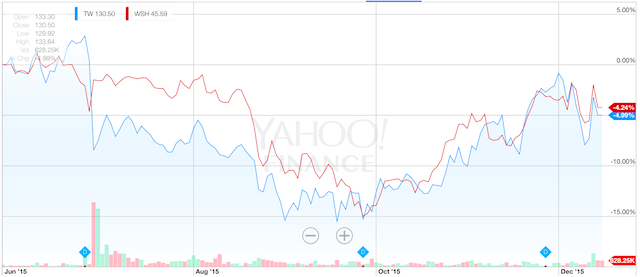The University of Californian (UC) has landed another big name for its investment team.
Vivek Ranadivé—a tech legend from founding TIBCO Software and now sports heavyweight as owner of the NBA’s Sacramento Kings—will lead a venture fund dedicated to UC-born innovation. University President Janet Napolitano and CIO Jagdeep Bachher revealed the long-awaited appointment in a press call this morning.
“I look forward to supporting his efforts to merge music, entertainment, and sports with the latest in technology.” —Drake
“When we developed the concept of investing in innovation emerging from the UC—what, at the time, we were calling UC Ventures—we knew we would need a strong entrepreneur who could build and lead a world-class venture group,” Bachher said.
Ranadivé brings a strong track record: The MIT graduate founded a first-generation Wall Street tech firm Teknekron in 1986 and real-time data platform TIBCO Software in 1997, which he sold for $4.3 billion last year. His most famous leadership, however, may be in basketball, profiled by Malcolm Gladwell for coaching his daughter’s middle school team to national championships. Two years ago, Ranadivé bought the Sacramento Kings.
“Everything I have I owe to the state of California,” he said on the UC announcement call. “I arrived in this country from India at age 17 with only $50 dollars in my pocket to study engineering.”
Ranadivé will be responsible for building the innovation fund’s team, and sourcing opportunities. The UC’s $100 billion asset pool has earmarked $250 million to anchor the fund, which the system said will not draw from tuition or state money.
A parade of celebrities offered Ranadivé their congratulations on his latest project, including venture capitalist Marc Andreessen, Google-cum-Alphabet CEO Eric Schmidt, famed basketball player Shaquille O’Neal, and others.
“I want to congratulate Vivek on this exciting new venture and look forward to supporting his efforts to merge music, entertainment, and sports with the latest in technology,” said Drake, a Grammy-Award winner artist.
Drake has expressed interest in Ranadivé’s speciality. According to his recent song “6PM in New York,” “If me and [fellow artist] Future hadn’t made it with this rapping, we probably be out in Silicon trying to get our billions on.”

 Towers Watson (TW): Blue / Willis Group (WSH): Red
Towers Watson (TW): Blue / Willis Group (WSH): Red